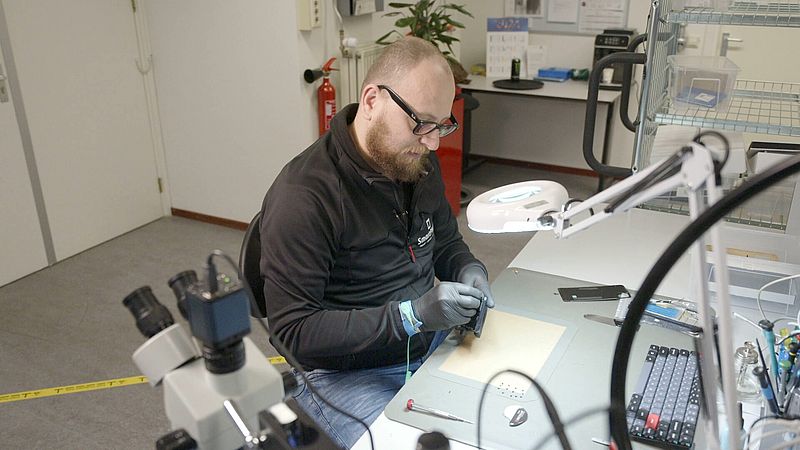Washing machines, vacuum cleaners, and telephones: These appliances are often thrown away if they break down, even though they can be easily repaired. The European Parliament wants to change that. This is up to the consumer, but companies also have to design differently.
The European Parliament now wants to give consumers the right to repair, so that electronic products can be repaired within a “reasonable period” and at a “reasonable price”.
In huge waste
Repairing electronics and home appliances is now complicated and not always rewarding. As a result, devices that could have lasted a long time with simple intervention end up in the trash, leading to unnecessary use of raw materials and significant damage to the environment.
Benjamin Sprecher, an industrial ecologist at TU Delft, therefore welcomes the new legislation. He sees this as a potential breakthrough.
Thinking about repair
Despite his enthusiasm, there are still areas for improvement. “The law promises great things, but it still contains a number of vague terms.” For example, he believes that the aforementioned “reasonable price and term” could have been defined more specifically.
He believes that this law should apply to all products that contain electronics or batteries. This is not the case yet. However, he is cautiously optimistic: “I think manufacturers will set more standards and think more about reforms, if the legislation is interpreted and implemented strictly enough.”
Attention during the design process
The researcher has recently experienced for himself that there is still much to be gained. “I just broke a very small piece of plastic that was in my razor. This piece of plastic is only a few cents, but you can't replace it. So I have to replace my entire razor because of that little piece of plastic. Small plastic. Shame.”
He says that profit is easy to achieve. “Sometimes there's a conscious choice by manufacturers not to make something that's repairable. But a lot of times they didn't design for it, and they didn't think about it. And if you don't think about it beforehand, repairing it is critically difficult.” But with a little attention during the design process, you can make very big strides. “I expect those steps will be taken through this type of legislation.”
Role of the consumer
Producers play a major role, but Sprecher believes that the consumer also plays an important role. After all, many people want new things and the latest products, because they think they will work better.
“Let's take, for example, a new washing machine that has new functions, such as being able to connect to the Internet or control it via an app. But it's often new for the sake of novelty.” He even talks about “pseudo-innovation” that does not contribute significantly to the performance of the device. “There are a lot of innovations that are fake innovations, just meant to trick people into buying something new.”
Other solutions
We can use our raw materials much more efficiently, and this is necessary to keep our massive flow of waste products within limits, says Sprecher. Legislation should help, but there are also companies already investing more in reforms.
It also points to an interesting development in France. “You have the repair indicator. So, you as a consumer can buy a product that is easy to repair. This is also a step in the right direction.”
Asks? Ask them!
Do you have any questions or would like answers? Send us a message here in the chat. Every Thursday in the Get Involved newsletter we tell you what we're doing with all the responses. Want it in your email? Then register here.

“Total coffee specialist. Hardcore reader. Incurable music scholar. Web guru. Freelance troublemaker. Problem solver. Travel trailblazer.”







More Stories
Bitcoin price rises after new jobs data from US
European stock markets open higher | beursduivel.be
Russia’s oil imports to China decline